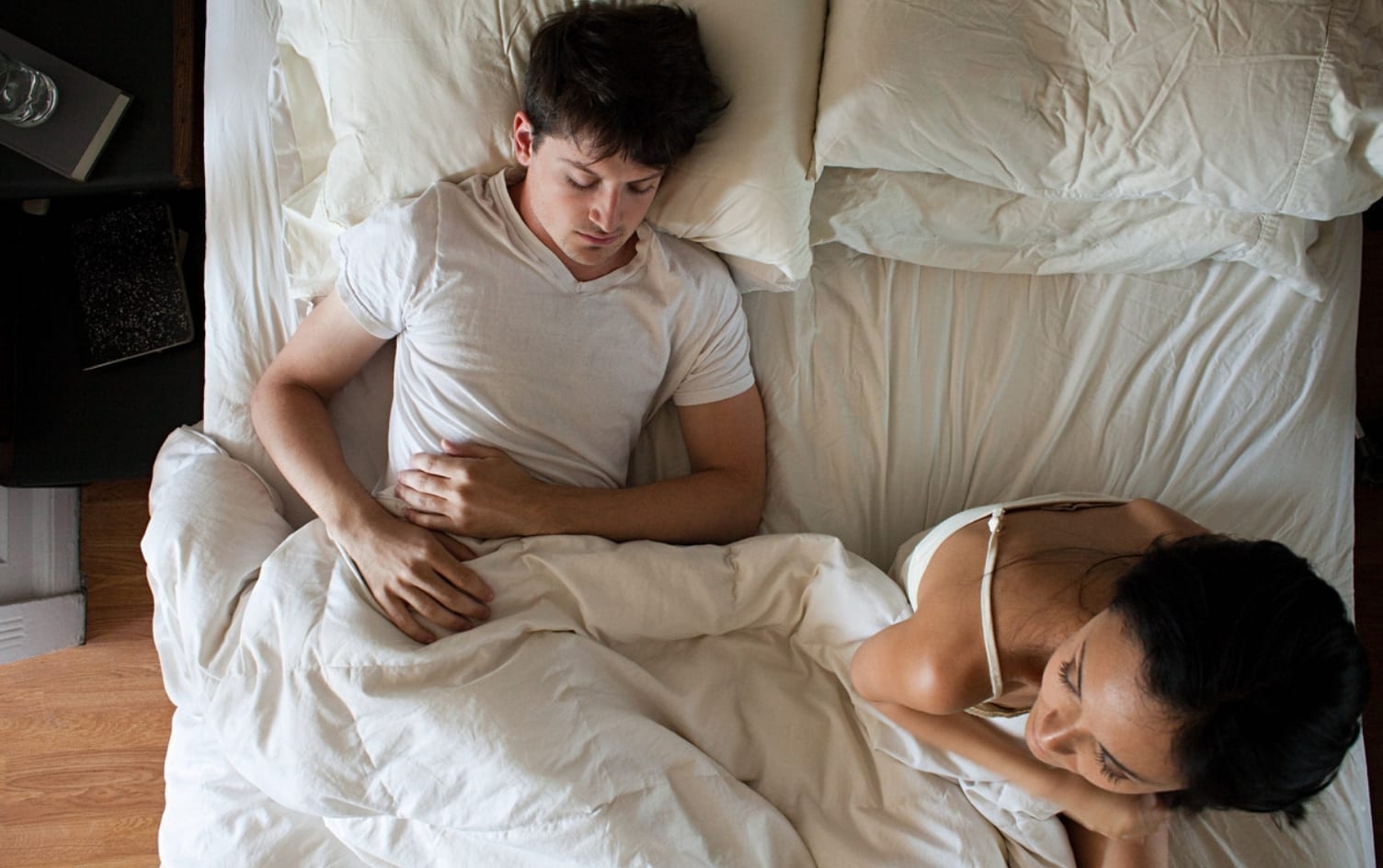If you’ve ever been described as neurotic, stressed out, nervous, pessimistic or have problems with self-control, planning and motivation, you might also struggle to sleep. These specific personality traits have been linked with poor sleep quality, including insomnia.
“We understand that the personality traits [associated with sleep issues] are also associated with other health problems, such as heart disease and diabetes and how long people live,” explains Katherine Duggan, PhD, post-doctoral fellow at the University of Pittsburgh. “It may be that intervening on sleep — perhaps by using an intervention targeted or tailored to personality traits — may improve quality of life and physical health.”
It’s an urgent need for the estimated 50–70 million Americans who struggle with sleep issues.
Practicing good sleep hygiene — going to bed at the same time each night, sleeping in a cool, dark room, banishing screens from the bedroom and avoiding alcohol before bed — is linked to improved sleep, but what if your core personality traits are sabotaging your efforts to slip into a restful slumber?
PERSONALITY STYLES PRONE TO INSOMNIA
Duggan was the lead author of a study published in the journal PLOS One that found low conscientiousness, including lack of planning, maintaining schedules, low motivation and high neuroticism were among the best predictors of poor sleep hygiene. The reason: Experiencing a lot of negative emotions might make it more difficult to fall asleep. It’s also possible that those who are high in neuroticism may find sleep disruptions more distressing, magnifying sleep issues, Duggan says.
If you are prone to negative emotions, you might be more apt to report symptoms of insomnia. In a new study published in The Lancet, researchers traced insomnia to five “distressed” personality types, including those who were too aroused before bed to settle down to sleep or experienced few pleasurable emotions and were more susceptible to depression.
Negative emotions can undermine your ability to fall into a restful sleep, says Zlatan Krizan, PhD, a professor at Iowa State University.
Krizan co-authored a new study linking personality traits like neuroticism with greater variability in both sleep duration and quality. On the flip side, extraversion, agreeableness and conscientiousness were associated with better sleep quality. These positive traits, he explains, are associated with engaging in other healthy behaviors such as regular exercise, which is known to improve sleep.
Your personality cannot be turned on and off like a tablet before bed. So, if your core personality traits are causing sleep disturbances, are you destined to toss and turn for the rest of your life? Not necessarily.
HOW TO WORK WITH YOUR TRAITS
For starters, personality can change: Duggan notes that personality traits like conscientiousness normally increase with age and interventions (such as therapy) can help alter personality traits, which may lead to better overall health, including improved sleep.
“It may be possible to improve sleep (and other health outcomes) by changing personality,” she says. “But a personality-focused intervention does not require personality change. From a public health perspective, we could use personality to identify people who may benefit from sleep interventions. We could also tailor sleep interventions to people’s personalities, using different methods for different people.”
In The Lancet, researchers recommended meditation to help wind down for sleep and cognitive behavioral therapy to help boost happiness. Krizan advocates a similar approach.
“The trick is to understand how your constitution may be affecting your sleeping habits and then find ways to minimize any disturbances,” he says. “If worrying in the evening is a problem, you should find routines and habits that can minimize its disruptive influence.”




